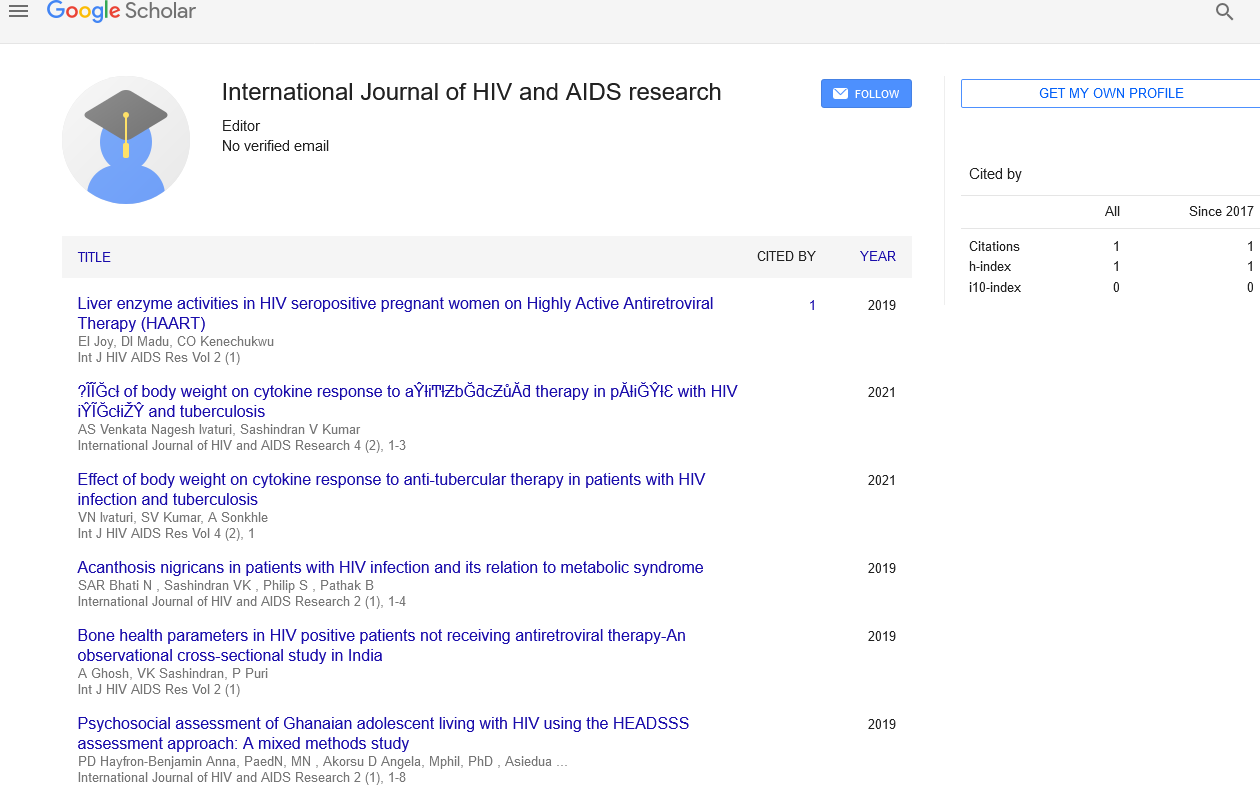
Sign up for email alert when new content gets added: Sign up
Ensuring Food and Nutrition Security by 2050: Challenges and Options
Webinar on 2nd Global summit on Food Science and Nutrition
October 30, 2021 | Webinar
Priya Keshari
University of Allahabad, India
ScientificTracks Abstracts: Appl Food Sci J
Abstract :
Ending hunger, achieving food and nutrition security and promoting sustainable agriculture are the priority goals of United Nation's Sustainable Development Goals (SDGs) by 2030. The advent of the novel corona virus has worsened the problem of malnutrition. Before the pandemic, more than 820 million people were suffering from hunger. Currently world is not on track in terms of ensuring food and nutrition security. Economic downturns due to COVID 19 pandemic have been major factor for increasing world hunger. This cannot be ruled out that catastrophic events like COVID 19 pandemic will not take place in next three decades. Food systems can experience vulnerabilities due to conflict, climate variability and extremes and economic slowdowns etc. In context of current scenario world is likely to experience many changes in future. It is projected that by 2050, the global population will increase from 7.1 to 9.1 billion. The 70 percent of the world population will be urban (compared to 49 percent at present). Due to increased global population the demand of water will increased by 20-30 percent in coming three decades. In order to meet SDGs commitments certain transformative pathways have been identified to boost production of food systems. However, beyond 2030 adversities of agriculture land, soil nutrition and availability of enough water will increase several folds. Increased population, accelerated urbanization, industrial growth, network of transport and communication will likely to shrink agriculture land by 2050. Conventional methods of agriculture and even exhaustive farming will not be able to ensure food and nutrition security. To meet food and nutrition security the alternative sources (viz, functional food, sea food, protein extracts, Nutraceuticals etc.) have to be brought in food baskets. Besides this paradigm shift, due emphasis should be given for up scaling health system and safe environment. Universal access to nutrition security implies absence of geographical, financial, organizational, socio cultural and gender based barriers for provision of nutrition security. At micro level distribution issues need to be addressed for optimal dividends in terms of ensuring food and nutrition security. These call for coherence in sectorial policies and actions. Transforming food system is the need of the hour; its importance will further increase over the years due to increasing impending forces. There should be interface between food industry and policies and programs. Food and Nutrition Organization (FAO) and other lead international organizations have rightly called for integrated food system solutions, investments and targeted interventions to transform food systems for food and nutrition security and affordable healthy diets for all. Interfacing industry with all stake holders involved in ensuring food and nutrition security, agricultural reforms, inclusive growth and sustainable development are critical and relevant not only in the present context but they will likely to be major driver in coming decades.
Biography :
Priya Keshari has done her graduation and post-graduation with specialization in food and nutrition from Banaras Hindu University (BHU), India. She has been awarded PhD from BHU in the year 2017. She completed post graduate diploma in public health nutrition from Indian institute of public health, Delhi, India. Since July 2018 she is working as a assistant professor in the department of family and community sciences, faculty of science, university of Allahabad, prayagraj, India, she is teaching food and nutrition to undergraduate and postgraduate students and guiding scholars for their PhD degree. Her major research interest areas are socioeconomic deprivation, food insecurity, nutritional status, self-reported morbidities and physical dependence as well as psychosocial status in geriatric subjects. Non communicable diseases and nutrition, growing menace of fast food consumption in India. Evaluation of national health and nutrition programs, metabolic syndrome and non-pharmacological intervention for nutritional wellbeing and quality of Life. She has several publications in national international journals and contributed several modules as a co-author for e-PG pathshala (an initiative of UGC, India) for the subject social medicine and community health. She has presented many significant research papers at the international and national forums and also delivered talk as invited guest lecture. She is recipient of 2 national and 2 international awards for outstanding work in different facets of geriatric health. She is life member of several academic bodies (viz., nutrition society of India, home science association of India, Indian public health association and Indian journal of preventive and social medicine) and served as invited reviewer for reputed national and international journals. Her expertise in the field of public health nutrition provided her an opportunity to serve as a session chair of the third international conference on public health 2020 "moving public health research to policy and practice: lessons learned".




